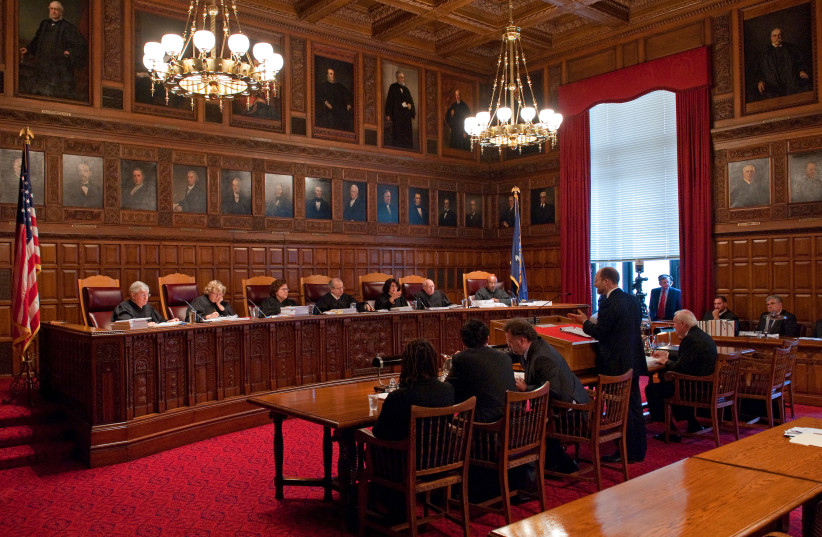US appeals court lets mother sue over unwanted text messages to teenage son
A federal appeals court on Friday said a Texas mother can sue an online entertainment company for sending unwanted text messages to her 13-year-old son after she let him use her cellphone.
Reversing a lower court ruling, the 9th US Circuit Court of Appeals in San Francisco said Kristen Hall has standing to pursue a proposed class action against Smosh, which describes itself as the internet’s “largest sketch comedy brand.”
Hall, of Willis, Texas, said Smosh sent her son at least five text messages soliciting business, after she had put her phone number on the National Do-Not-Call Registry.
Some messages carried a sprightly tone, including: “OH HAPPY DAY!! The try not to laugh shirt is back in stock. Buy one. Spit on your friends. Be merry. BUY HERE IF YA WANT.”
Hall said she found Smosh’s messages “irritating, exploitative and invasive,” and sued the Glendale, California-based company for invading her privacy and violating the federal Telephone Consumer Protection Act.
Reversed ruling
 New York Court of Appeals hearing oral arguments (credit: NASA PHOTO/JIM ROSS/PUBLIC DOMAIN/VIA WIKIMEDIA COMMONS)
New York Court of Appeals hearing oral arguments (credit: NASA PHOTO/JIM ROSS/PUBLIC DOMAIN/VIA WIKIMEDIA COMMONS)Last July, a trial judge dismissed the case, saying Hall was merely the “subscriber and owner of the phone” while her son was its actual user and the messages’ actual recipient.
But in Friday’s 3-0 decision, Judge Richard Bennett said cellphone owners did not have to be the devices’ primary users, to be injured by unsolicited phone calls or text messages.
“Receiving even one unsolicited, automated text message from a telemarketer is the precise harm identified by Congress, and sufficient to state an injury in fact,” wrote Bennett, a federal District Court judge who normally sits in Baltimore.
The appeals court returned the case to the trial judge, to consider whether Hall’s son consented to receive text messages.
Smosh and its lawyer did not immediately respond to requests for comment. Hall’s lawyer Jacob Ginsburg called the decision “a positive development for consumers.”
The do-not-call registry was created by the Federal Trade Commission in 2003. It contained 246.8 million active phone numbers as of Sept. 30, 2022.
The case is Hall v Smosh Dot Com Inc et al, 9th US Circuit Court of Appeals, No. 22-16216.





Comments are closed.